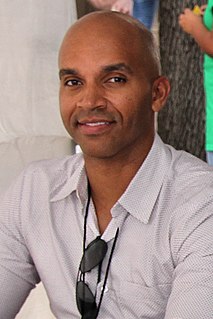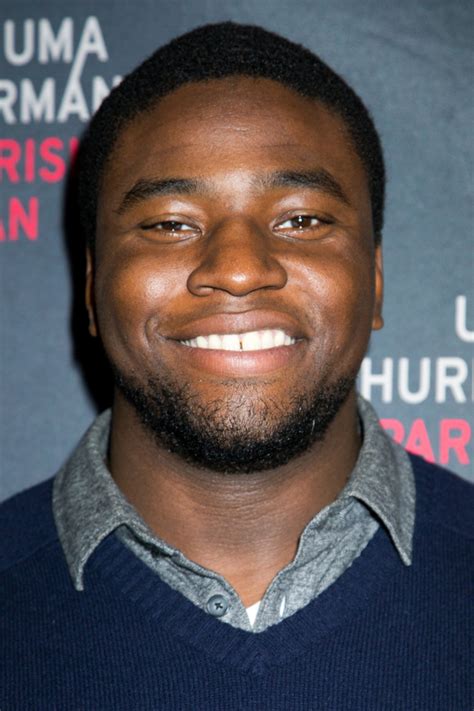A Quote by Alan Greenspan
When you go back and look at American history, it's not terribly different from Canadian history. If you weren't self-reliant on the prairie, you wouldn't survive.
Related Quotes
The history of the American Negro is the history of this strife, - this longing to attain self-conscious manhood, to merge his double self into a better and truer self. In this merging he wishes neither of the older selves to be lost... He simply wishes to make it possible for a man to be both a Negro and an American.
I definitely love history. I'm not formally trained or educated in history, but you could say I did go back to college in 2008 to do Untold History of the United States. That took five years. Co-author Peter Kuznick has been teaching history for something like 35 years, at American University and other places. His group of researchers brought me into contact with a lot of books.
I think if I were to express my wish, it would be that we are more regionally self-reliant. And I don't mean people being survivalists, I mean regionally self-reliant. So that you have these individual cells. The idea of having different solutions in different areas, so that we have a very robust, durable civilization.
I think if I were to express my wish, it would be that we are more regionally self-reliant. And I dont mean people being survivalists, I mean regionally self-reliant. So that you have these individual cells. The idea of having different solutions in different areas, so that we have a very robust, durable civilization.
When I look at American history and I look at what history means to me, I look at it as if it were a string of stories. And if it's told well enough and in a way that's charming and warm and with wit and humor, then it takes a bit of the edge off of it. You can still tell the truth, but if you tell it very sweetly and very warmly, it makes it go down a bit easier.
Human history has become too much a matter of dogma taught by 'professionals' in ivory towers as though it's all fact. Actually, much of human history is up for grabs. The further back you go, the more that the history that's taught in the schools and universities begins to look like some kind of faerie story.
If, in schools, we keep teaching that history is divided into American history and Chinese history and Russian history and Australian history, we're teaching kids that they are divided into tribes. And we're failing to teach them that we also, as human beings, share problems that we need to work together with.




































